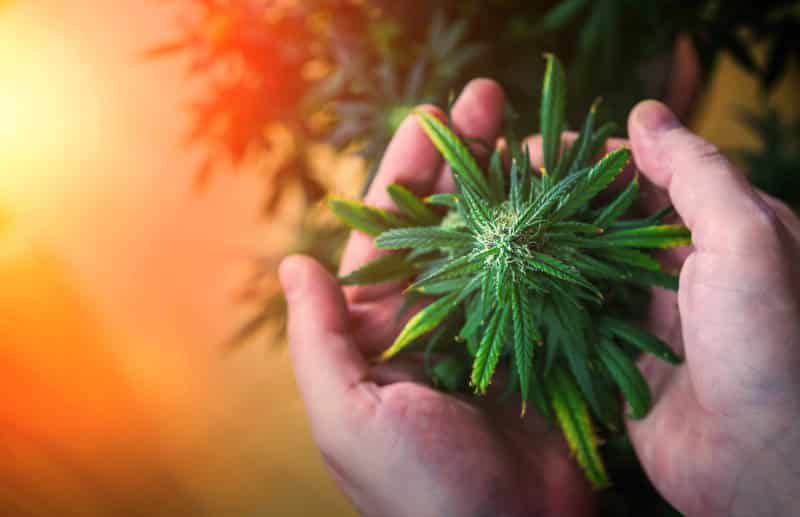The Evolution of Cannabis Legislation: A Global Perspective
Cannabis, also known as marijuana or weed, has been a subject of controversy and debate for decades. With its medicinal properties and recreational use, this plant has played a significant role in human societies throughout history. However, its legality has varied widely across different countries and cultures. This article aims to explore the evolution of cannabis legislation from a global perspective, tracing its path from prohibition to acceptance and understanding the factors that have influenced its changing status.
Historical Context
Cannabis has been utilized for various purposes for thousands of years, dating back to ancient civilizations. It was used in traditional medicine, spiritual rituals, and everyday life. However, the perception of cannabis took a significant turn in the early 20th century, as several countries began implementing strict prohibition laws due to concerns over its potential harm and abuse.
The Era of Prohibition
During the 20th century, many countries criminalized cannabis possession, distribution, and cultivation. The United States played a pivotal role in propagating anti-cannabis sentiments with the Marihuana Tax Act of 1937, which imposed strict regulations and effectively banned the plant. This legislation influenced the global perspective on cannabis and led to the inclusion of cannabis as a controlled substance in international drug treaties.
Shifting Paradigm: Medical Cannabis
In the latter part of the 20th century, the perception of cannabis began to shift, primarily due to its medicinal potential. As research emerged highlighting its therapeutic benefits, several countries started to reconsider their strict prohibitionist policies. In 1996, California became the first U.S. state to legalize medical cannabis, paving the way for a new era of cannabis legislation.
The Rise of Recreational Legalization
The 21st century saw a surge in momentum for cannabis reform, with several countries and states adopting recreational legalization measures. Uruguay made history in 2013 by becoming the first country to legalize cannabis entirely. This move was followed by several U.S. states, including Colorado and Washington, legalizing cannabis for recreational use.
Public Opinion and Social Factors
The changing attitudes toward cannabis legislation can be attributed to various social factors. Public opinion began to shift as people became more aware of the medicinal potential and the failed consequences of strict prohibition. Additionally, the war on drugs was widely criticized for its disproportionate impact on minority communities, leading to discussions on social justice and equity.
Economic Considerations
Economic factors also played a significant role in shaping cannabis legislation. Legalizing cannabis generated substantial tax revenues and created a burgeoning industry with job opportunities. This economic incentive motivated several countries to explore cannabis legalization as a viable option.
Challenges and International Laws
Despite the progress, cannabis legalization continues to face challenges. The international drug control treaties, such as the Single Convention on Narcotic Drugs (1961) and the United Nations Convention Against Illicit Traffic in Narcotic Drugs and Psychotropic Substances (1988), still classify cannabis as a controlled substance. This has created tensions between countries that have embraced cannabis legalization and the international drug control framework.
The evolution of cannabis legislation from prohibition to acceptance is a complex and ongoing process. With changing perceptions, scientific advancements, and societal needs, many countries have taken steps towards more liberal cannabis policies. However, challenges persist in the face of international drug treaties and varying cultural norms. The future of cannabis legislation remains uncertain, but the global perspective on cannabis has undoubtedly shifted, paving the way for a more nuanced and informed approach to its regulation.
Please follow all Oklahoma Laws when obtaining cannabis, and always buy from an OMMA licensed dispensary. IF you have any questions please come into any Fire Leaf Dispensary in the Oklahoma City Metro Area.





